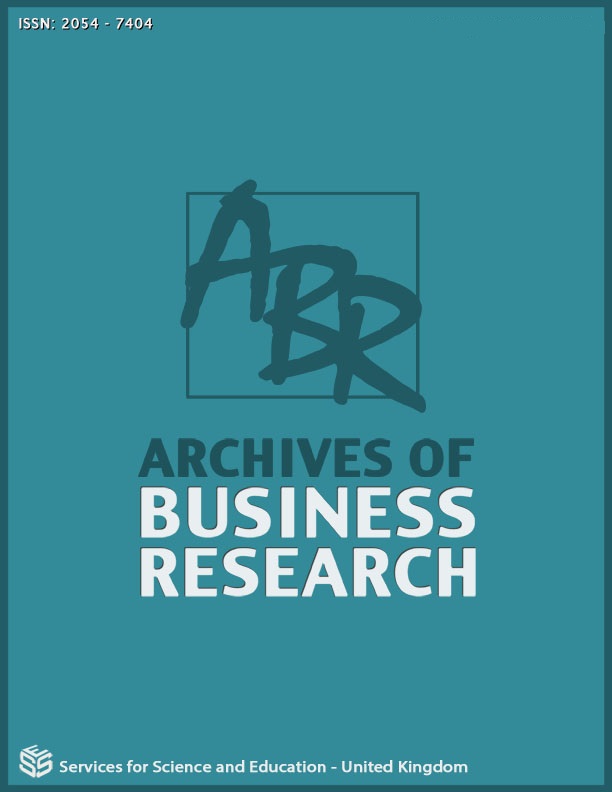Regional Market Concentration and Its Impact on Health Plan Quality in Brazil: Insights for Regulatory Policy
DOI:
https://doi.org/10.14738/abr.1212.18080Keywords:
Health Plans, Antitrust Policy, Market Concentration, Health EconomicsAbstract
This study explores the regional concentration of health plan operators in Brazil from 2014 to 2019, analyzing its impacts on the well-being of users. While existing literature addresses health insurance market dynamics, regional-level insights remain scarce. Employing a random-effects panel data model, we assessed variations in service quality—measured through user complaints—in relation to market concentration and income levels across 138 relevant markets. Our findings reveal that increased market concentration correlates with deteriorating service quality, as evidenced by a rise in complaints. Moreover, declining income levels exacerbate this trend, reflecting disparities in access to higher-quality plans. These results underscore the negative implications of market concentration for consumer welfare and raise critical questions about regulatory policies. By emphasizing regional disparities, this study contributes to the ongoing debate on antitrust measures and healthcare regulation, offering actionable insights for policymakers.
Downloads
Published
How to Cite
Issue
Section
License
Copyright (c) 2024 Jefferson Alves, Vladimir Fernandes Maciel

This work is licensed under a Creative Commons Attribution 4.0 International License.






